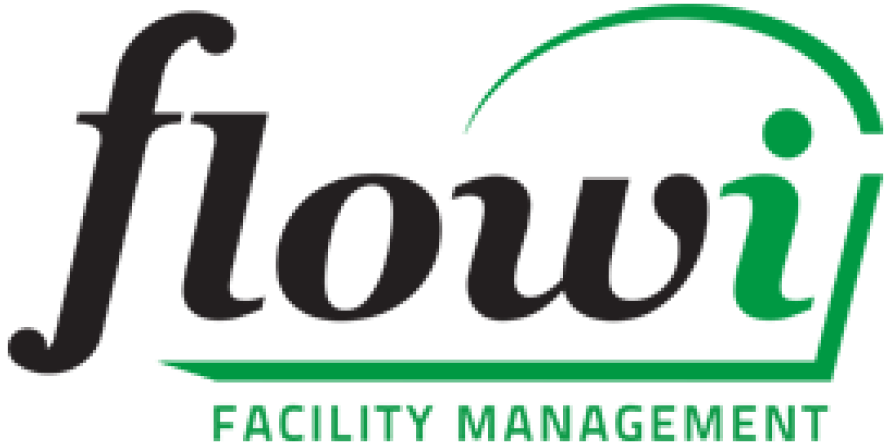Operation debottlenecking is a process aimed at identifying and removing bottlenecks or constraints in the operation of a facility to improve efficiency, increase capacity, and optimize performance. For an Oil Storage Tank Terminal, debottlenecking can involve addressing issues related to throughput, storage capacity, safety, and overall operational efficiency.
At FLOWI, we stand out with our tailored skills and depth of understanding of our Client’s needs for Operation Debottlenecking for an Oil Storage Tank Terminal by considering the International Standard and Standard Industrial practices, each client has unique requirement, and the following guide is flexible which will be selected based on specific requirements:
Identify Bottlenecks
- Throughput Analysis: Evaluate the current throughput of the terminal and identify any limitations or constraints in the loading and unloading processes.
- Storage Capacity Assessment: Analyze the existing storage capacity and identify any constraints in the number or size of storage tanks.
- Logistics and Transportation: Examine the efficiency of logistics and transportation systems connecting to the terminal, including pipelines, trucks, and railroads.
- Safety and Compliance: Assess safety protocols and compliance measures to ensure they are not causing unnecessary operational delays.
Conduct Technical Assessments
- Tank Inspection and Maintenance: Evaluate the condition of storage tanks and assess the effectiveness of maintenance procedures. Identify any tanks requiring upgrades or repairs.
- Loading and Unloading Systems: Examine the efficiency of loading and unloading systems. Identify equipment that may need upgrading or replacement.
- Instrumentation and Automation: Assess the effectiveness of instrumentation and automation systems. Consider implementing advanced technologies to improve efficiency.
Operational Process Analysis
- Workflow Optimization: Review and optimize the workflow for tanker truck and vessel operations to minimize turnaround times.
- Documentation Processes: Streamline documentation processes to reduce paperwork and improve data accuracy.
- Communication Protocols: Ensure efficient communication between different departments and stakeholders involved in terminal operations.
Safety and Environmental Considerations
- Safety Upgrades: Identify areas where safety measures can be enhanced without compromising operational efficiency.
- Environmental Compliance: Ensure that operational changes comply with environmental regulations. Implement sustainable practices where possible.
Technology Integration
- Advanced Monitoring Systems: Implement advanced monitoring systems to provide real-time data on tank levels, equipment status, and overall terminal performance.
- Automation and Control Systems: Explore the integration of automation and control systems to enhance operational efficiency and reduce manual intervention.
Capital Investment Analysis
- Cost-Benefit Analysis: Conduct a thorough cost-benefit analysis of proposed debottlenecking measures, considering both short-term and long-term returns.
- Prioritize Investments: Prioritize investments based on their potential impact on throughput, capacity, and overall efficiency.
Implementation Plan
- Phased Implementation: Develop a phased implementation plan to minimize disruptions to ongoing operations.
- Stakeholder Communication: Communicate changes and updates to all relevant stakeholders, including employees, contractors, and regulatory bodies.
Monitoring and Continuous Improvement
- Performance Metrics: Establish key performance indicators (KPIs) to monitor the impact of debottlenecking measures on the terminal’s performance.
- Regular Review: Conduct regular reviews to assess the effectiveness of implemented changes and identify further improvement opportunities.
Documentation and Training
- Updated SOPs: Update Standard Operating Procedures (SOPs) to reflect changes in operational processes.
- Training Programs: Provide training to employees on new processes, technologies, and safety measures.
FLOWI can systematically address bottlenecks and optimizing operational processes, a debottlenecking initiative can significantly improve the efficiency and capacity of an Oil Storage Tank Terminal.
